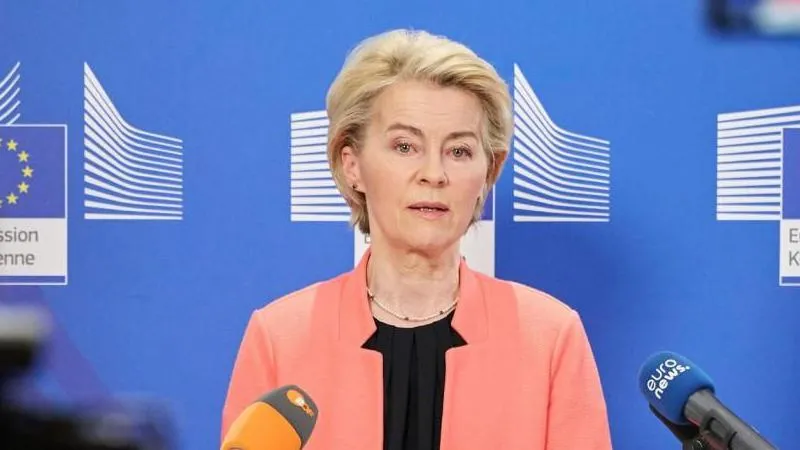As the global economy became increasingly interconnected, the implementation of tariffs under the Trump administration sparked significant debate regarding their effects on international relations and trade dynamics. The potential for tariffs to disrupt existing trade agreements and create tensions among nations was particularly concerning for Europe. As the European Union braced for the possibility of heightened tariffs on various goods, leaders and economists alike pondered the implications of such measures on their economies and diplomatic relations.
In 2018, when President Trump introduced tariffs on steel and aluminum imports, European leaders responded with a mix of concern and defiance. European Commission President Jean-Claude Juncker stated, “We will respond in kind to the Americans. What we will not accept is that we have to accept the tariffs without doing anything.” This unwavering stance underscored Europe’s commitment to protecting its economic interests while traversing a complex diplomatic landscape.
The prospect of retaliatory tariffs raised fears of a trade war that could further destabilize the global economy. The uncertainty surrounding Trump’s tariff policies forced European businesses to adapt rapidly, leading to a shift in trade dynamics. Many European companies began to seek alternative suppliers or markets, mitigating the potential impacts of tariffs on their operations.
This shift illustrated the resilience of European industries; however, it also highlighted the fragility of international trade relationships in a politically charged environment. According to analysts, the tariffs could lead to a decrease in investment flows between the U.S. and Europe, ultimately affecting job creation and economic growth on both sides of the Atlantic.
Diplomacy emerged as an essential tool in addressing the tensions created by these tariffs. European leaders engaged in discussions with U.S. officials, emphasizing the importance of maintaining open trade channels. French President Emmanuel Macron remarked, “We can only win if we work together; protectionism is not the answer.” Such sentiments reflected a desire for collaborative solutions to trade disputes, despite the prevailing pressures from tariffs.
As the situation evolved, the delicate balance between economic interests and diplomatic relations remained at the forefront of discussions in Europe. The hope was that through dialogue and negotiation, both sides could reach a consensus that would alleviate the strain caused by tariffs.
Ultimately, the future of transatlantic trade relationships depended not only on economic strategies but also on the ability of leaders to engage constructively amid uncertainty. The complexities of the global economy required a nuanced approach to diplomacy, as Europe sought to navigate the challenges posed by Trump’s tariffs while safeguarding its own interests.














